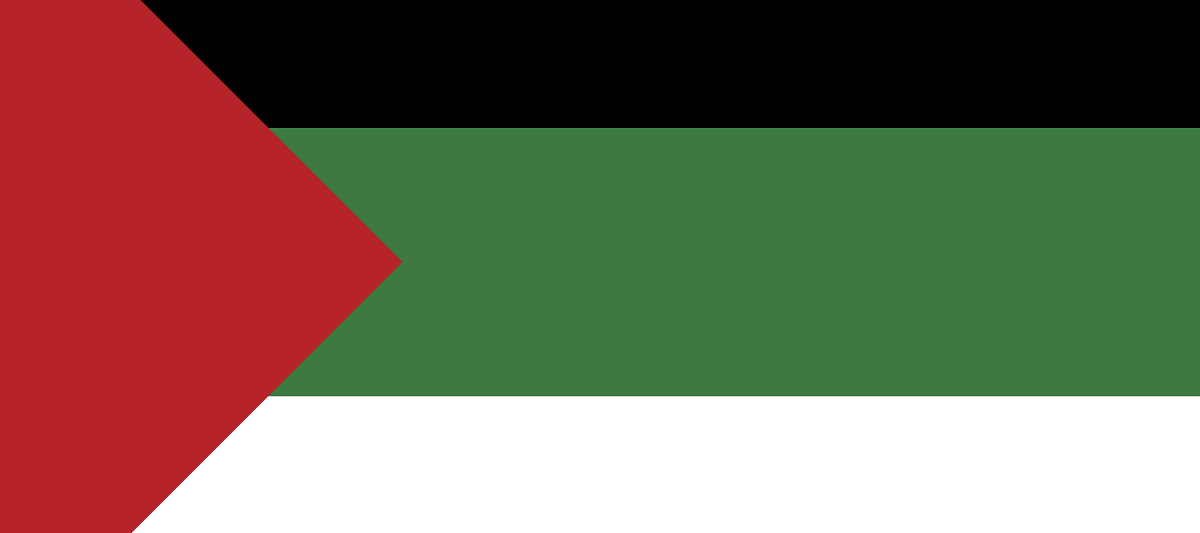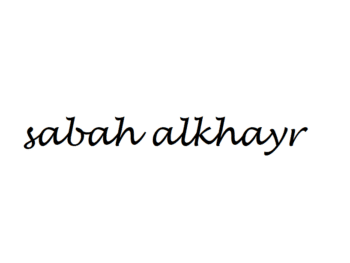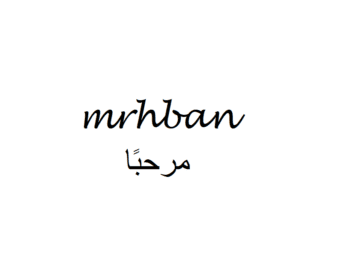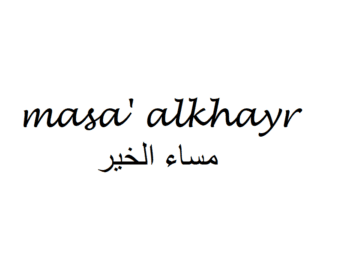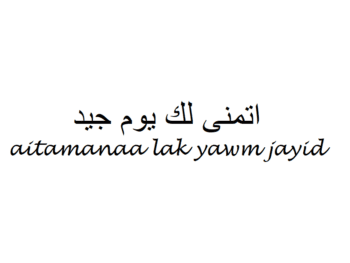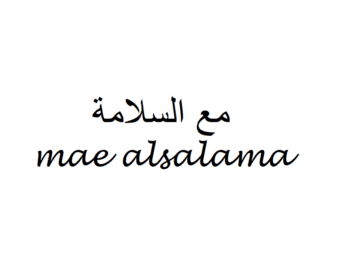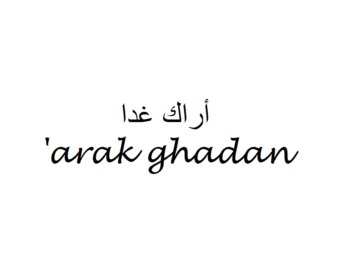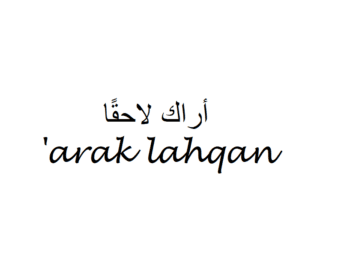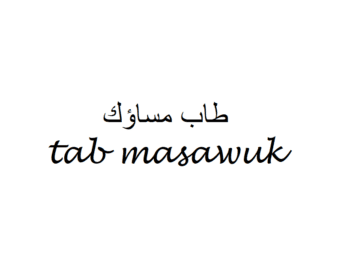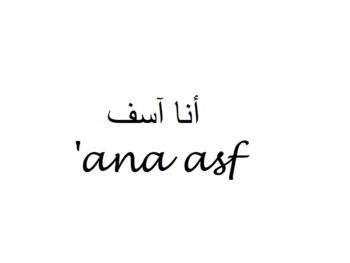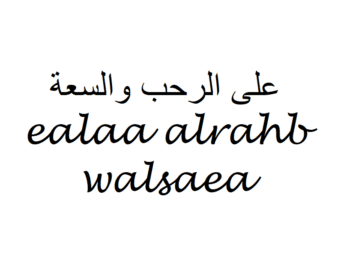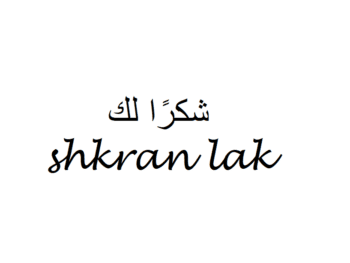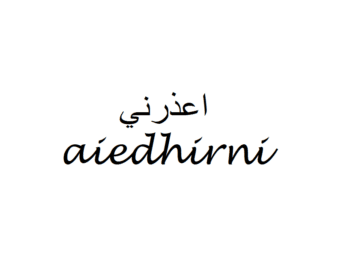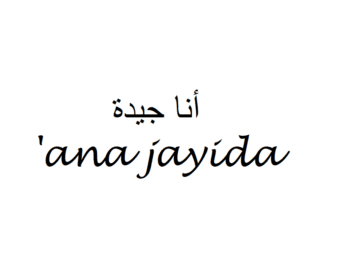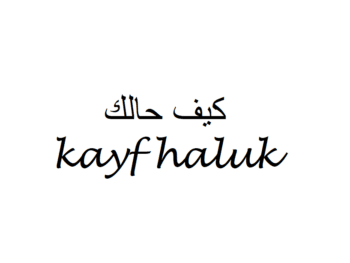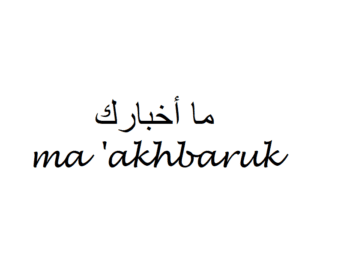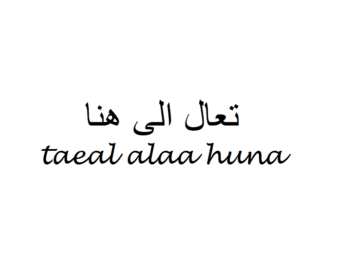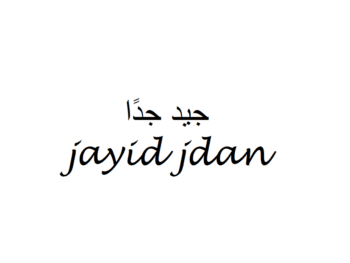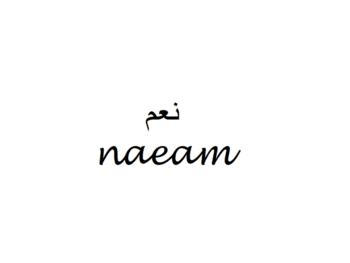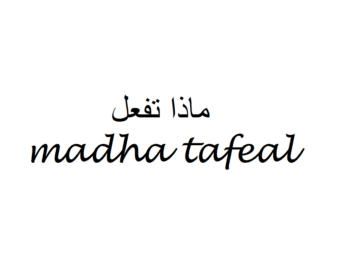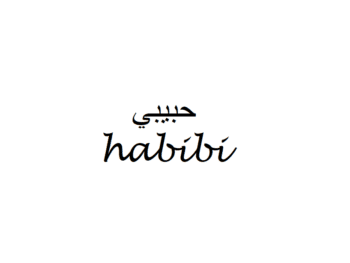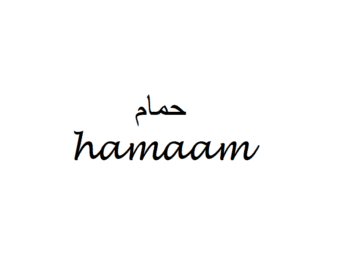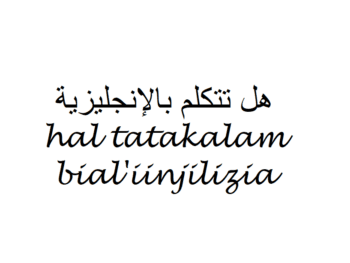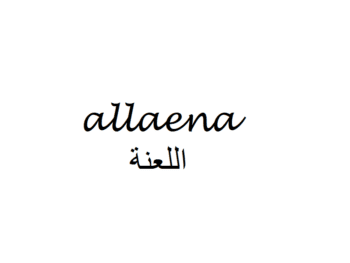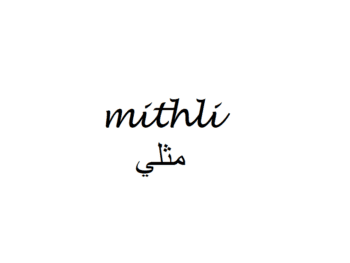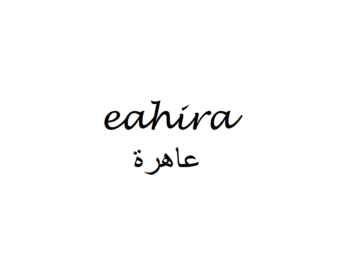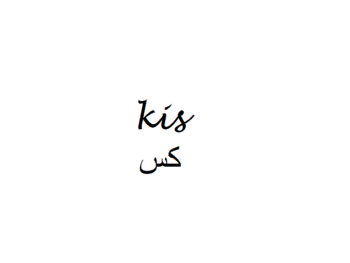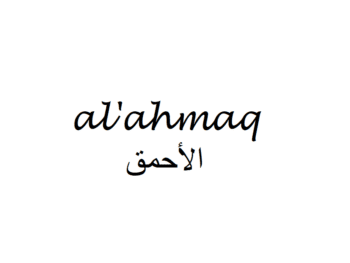The Arabic language is one of the most widely spoken languages in the world. It is the official or at least co-official language in over 25 countries, and is used by millions of native speakers throughout North Africa, the Middle East and parts of Asia. It is a Semitic language that belongs to the Afro-Asiatic family, which also includes Hebrew, Amharic and Somali.
Arabic is written from right to left using an alphabet derived from Aramaic script. There are 28 letters in total with a unique five of them having different shapes when they appear at either the beginning or end of words. Some dialects also have additional letters not found in Standard Arabic (MSA).
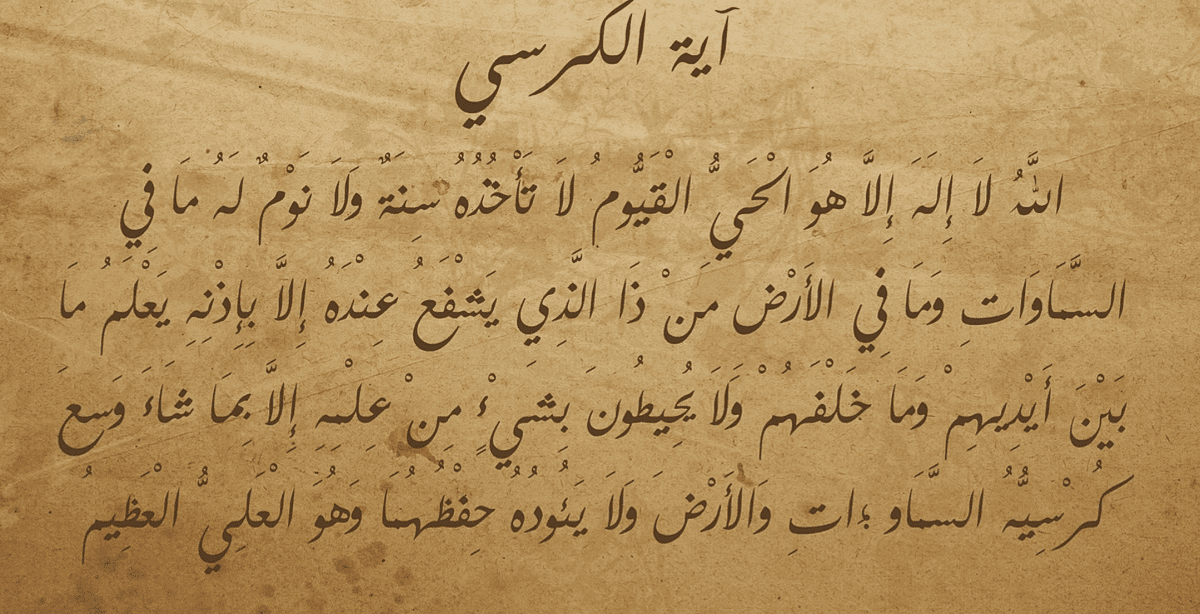
The pronunciation system can be difficult for non-native speakers as there are several sounds not found in other languages such as pharyngeal consonants and short vowels that cannot be heard unless articulated correctly. The grammar rules used by MSA are quite systematic but vary between dialects depending on region and social class. Most nouns take gender endings while verbs can take up to ten forms based on person, number and mood indicative/subjunctive).
Arabic has been around for centuries with its earliest surviving texts dating back to 6th century BC! It’s rich literary heritage spans across many genres including poetry, prose fiction novels as well as religious texts like Qur’an.
1. Greetings
It’s always polite to greet someone before trying to start a conversation. Here are a few proper greetings to learn in Arabic.
Hello – مرحبًا (mrhban)
Good Morning – صباح الخير (sabah alkhayr)
Good Afternoon – مساء الخير (masa’ alkhayr)
2. Farewell
At the end of a conversation or when the night is wrapping up, here are some phrases to use to wish someone a polite farewell.
Have a Good Day – اتمنى لك يوم جيد
Goodbye – مع السلامة – ma’a as-salaama
See You Tomorrow – أراك غدا – ‘arak ghadan
See You Later – أراك لاحقًا – ‘arak lahqan
Goodnight – طاب مساؤك – tab masawuk
3. Courtesy Words
You want to be as polite as possible when interacting with locals in order to make sure you respect their culture. Here are some phrases to show courtesy.
I’m Sorry in Arabic
You’re Welcome in Arabic
Thank You in Arabic
Excuse Me In Arabic
4. Small Talk
Here are several phrases to continue conversations in Arabic.
I Am Good in Arabic
How Are You Doing in Arabic
What’s Up in Arabic
5. Other Phrases to Know
It’s always good to know several other phrases in Arabic to let locals know you are trying to conversate in their language.
Come Here in Arabic
Very Good in Arabic
OK in Arabic
What Are You Doing in Arabic
My Love in Arabic
Bathroom in Arabic
Do You Speak English in Arabic
6. Curse Words
We don’t recommend using these phrases unless you are talking to close friends. However, they are always fun to learn.
Asshole – الأحمق (al’ahmaq)
Bitch – عاهرة (eahira)
Pussy – كس (kis)
Fuck – اللعنة (allaena)
Gay – مثلي (mithli)

